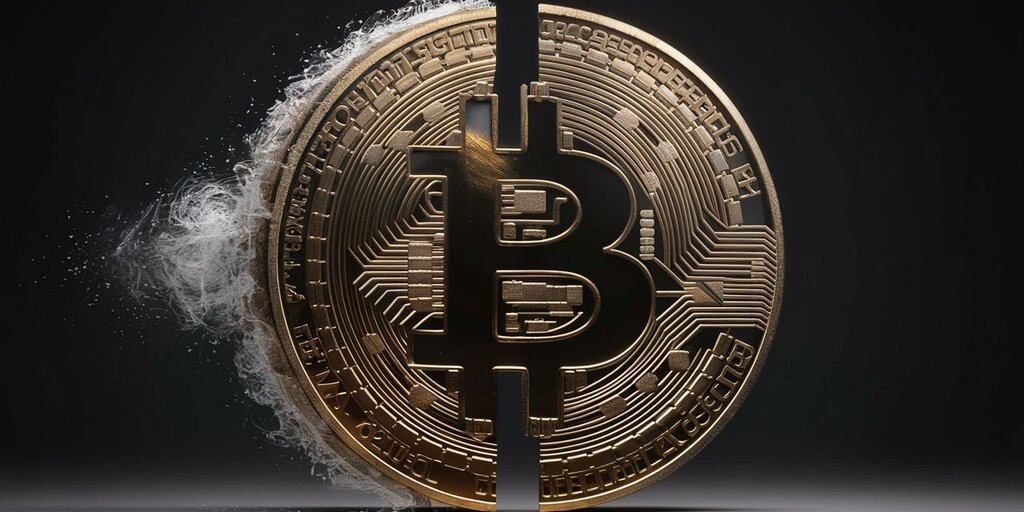Bitcoin's Historic Milestone
With its market price recently surpassing the psychological $100,000 milestone, Bitcoin is making history. Enthusiasts, including many in Donald Trump’s camp, are urging the U.S. government to buy crypto-coins until it holds 5% of the world’s supply. The cited reason? These coins could act as a hedge against inflation.
Historical Wisdom on Bubbles
Should we, as a nation or states, pursue this strategy? To answer this, we can draw wisdom from the past. The Preacher in Ecclesiastes reminds us, "There is nothing new under the sun." Similarly, P.T. Barnum famously stated, “There’s a sucker born every minute.” The current Bitcoin frenzy appears to be a classic financial bubble — all bubbles eventually pop. Enthusiasm reaches a fevered pitch before a disaster, often leaving survivors questioning their decisions.
The Nature of Money
To understand Bitcoin's role, we must consider what constitutes money. Something must serve as:
- A standard of value
- A store of value
- A medium of exchange
While many items can hold great value, they do not necessarily qualify as money. Bitcoin has served as a medium of exchange, particularly in illicit transactions, but it lacks the stability and backing of traditional currencies.
Demand and Supply Dynamics
Bitcoin's value is determined solely by demand. Its worth fluctuates significantly, making it an unreliable store of value. The historical context of inflation from the mid-1960s to the 1980s fueled the search for alternatives to government-issued currencies, leading to the rise of cryptocurrencies. However, as demand surged, Bitcoin's value grew, reminiscent of historical bubbles, like tulip mania in the 1630s.
The Future of Bitcoin
Currently, most purchased Bitcoin is treated more like a financial security than a currency. Its price volatility raises questions about its role as a reliable store of value. As Bitcoin mining consumes vast amounts of electricity and technological advancements can change mining efficiency, the sustainability of Bitcoin as a currency is in doubt.
The cryptomania may not end soon, but it is likely to face challenges that could lead to a significant downturn. For a deeper understanding of these phenomena, consider reading Charles Kindleberger’s classic, “Manias, Panics, and Crashes.”
St. Paul economist and writer Edward Lotterman can be reached at stpaul@edlotterman.com.






Comments
Join Our Community
Sign up to share your thoughts, engage with others, and become part of our growing community.
No comments yet
Be the first to share your thoughts and start the conversation!